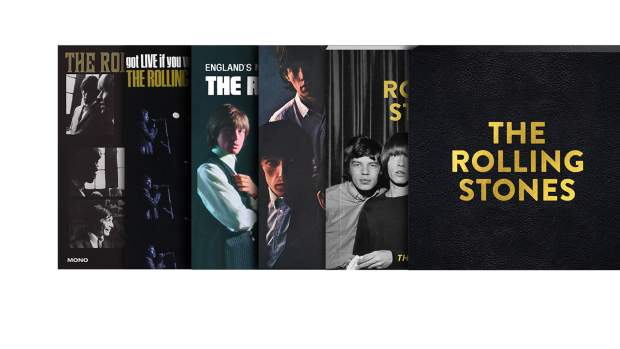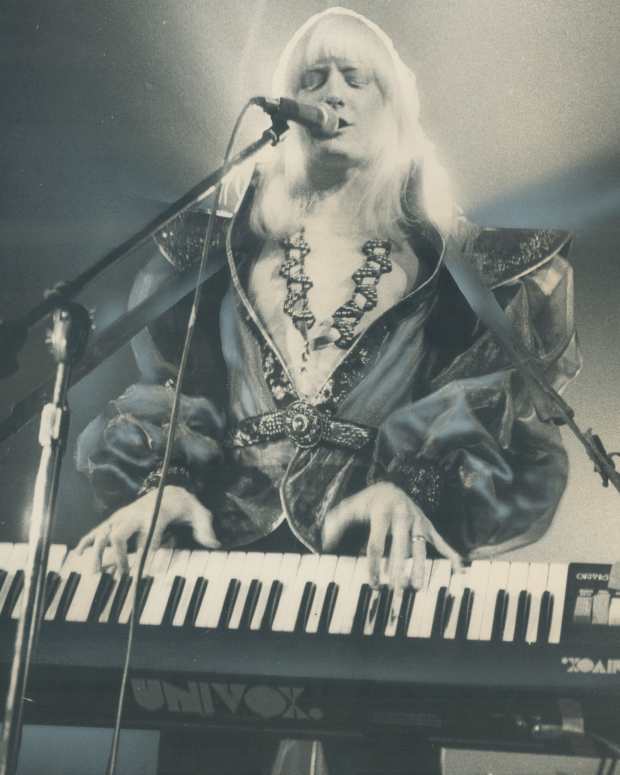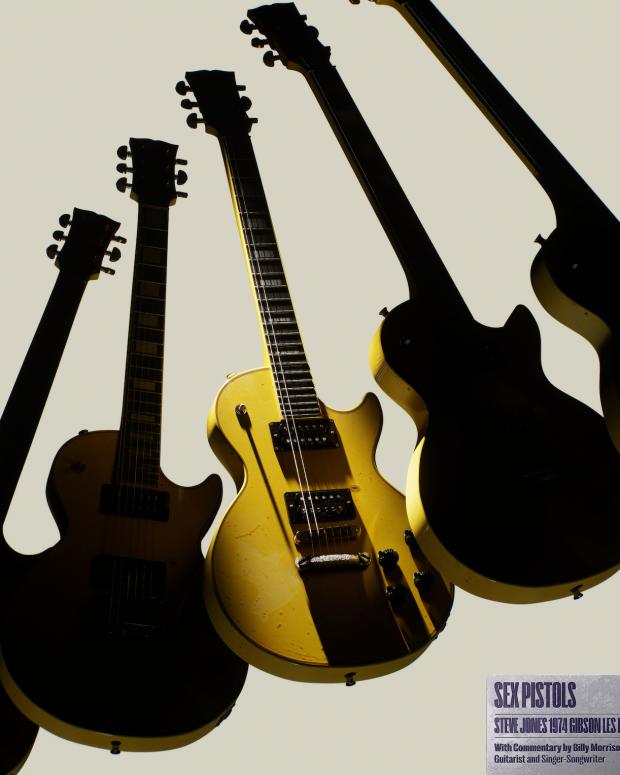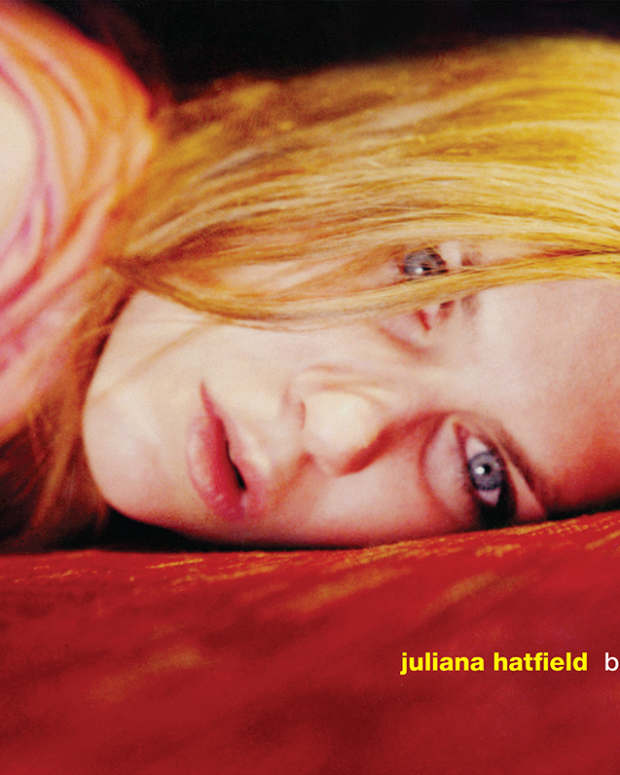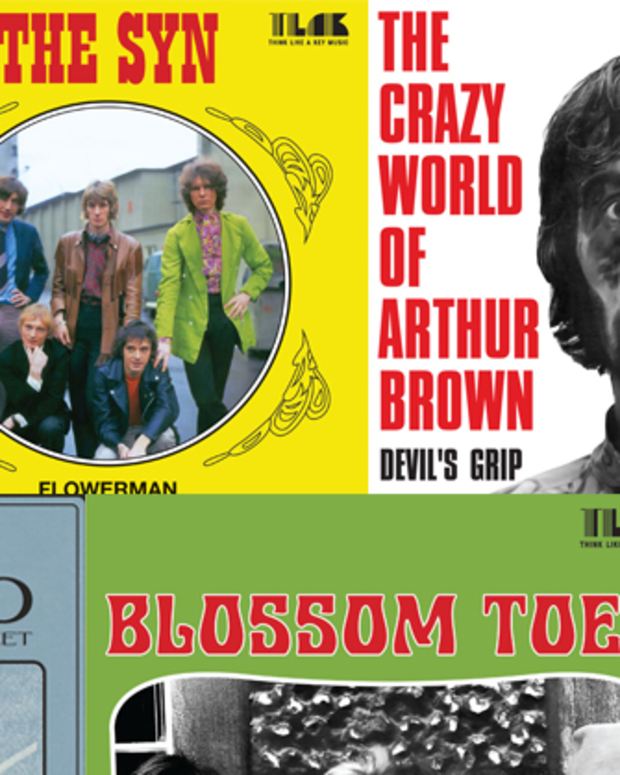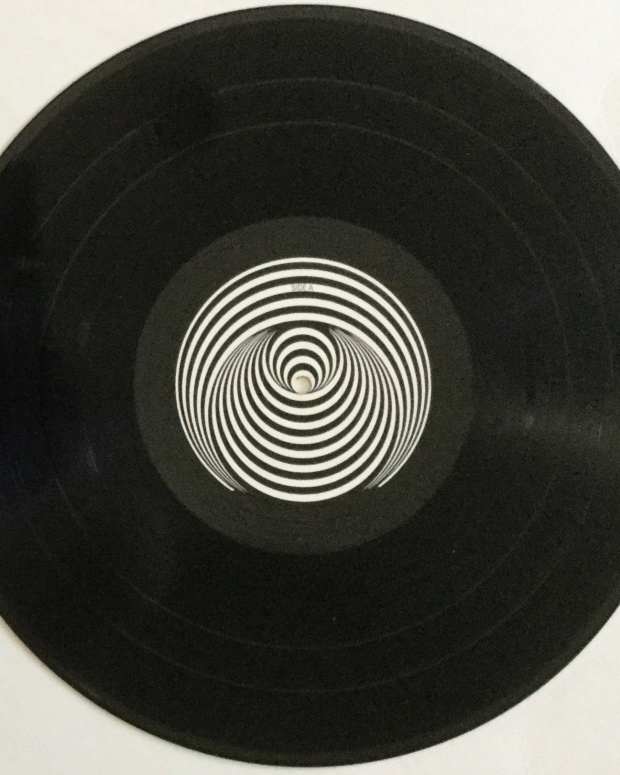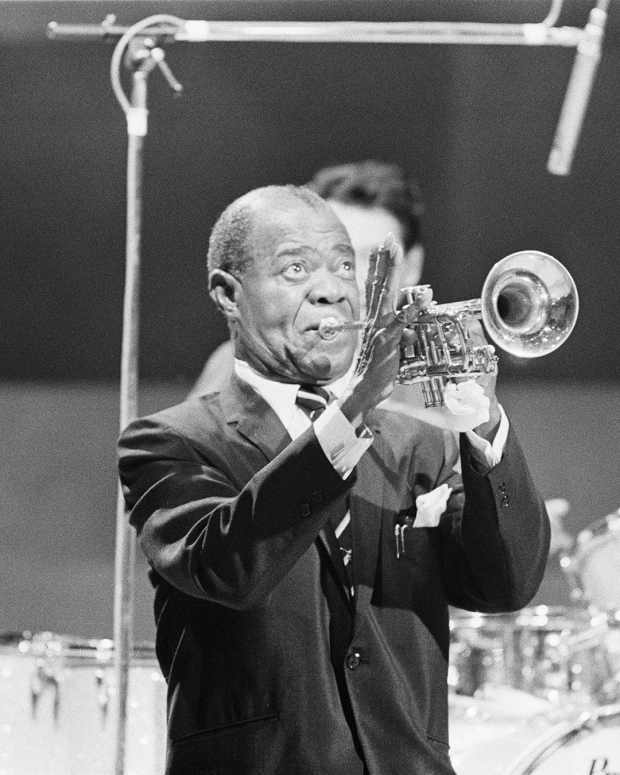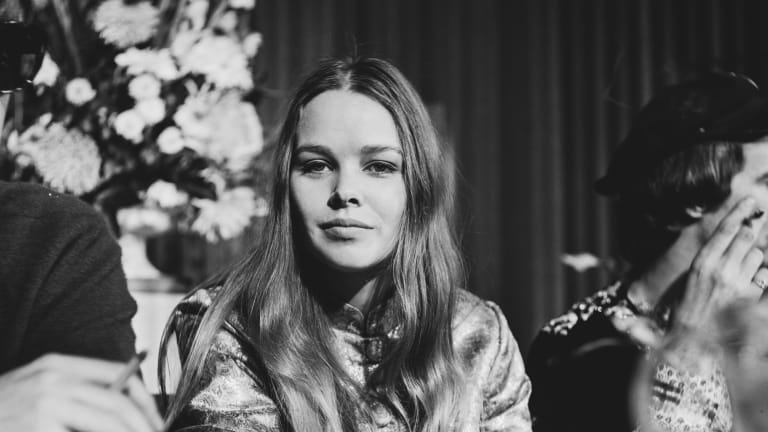
Michelle Phillips candid about Mamas & Papas, Hendrix stage antics and more
By Ken Sharp
When fate brought John Phillips, Michelle Phillips, Denny Doherty and “Mama” Cass Elliot together for the very first time, it was a harmonic convergence for the ages. The Mamas & The Papas were born. During their relatively short career, from 1965 to 1968, despite enduring a never-ending soap opera saga of romantic entanglements both consummated and unconsummated, The Mamas & The Papas cemented their status as one of pop music’s most accomplished and gifted vocal groups with a raft of evergreen classics numbering “California Dreamin’,” “Monday, Monday,” “Creeque Alley,” “Go Where You Wanna Go,” “Dedicated to the One I Love,” “I Saw Her Again” and “Dream A Little Dream of Me,” each adorned with the outfit’s lush four-part harmonies.
As an example, The Mamas & The Papas: The Complete Singles 50th Anniversary Collection (Real Gone Music) is a 2-Disc survey culling 53 songs (tracks by The Mamas & The Papas and solo sides by “Mama” Cass Elliot, John Phillips and Denny Doherty serves as a definitive chronicle of the group’s meteoric career and ably demonstrates their mastery of the pop form and the brilliant songwriting smarts of leader John Phillips.
We spoke to Michelle Phillips for a look back at life in The Mamas & The Papas.
GOLDMINE: Bring us back to the first time the four of you sang together?
Michelle Phillips: The first time we all sang together was probably January 9, 1965, at our apartment in the West Village. But I don’t remember it and since we had never put anything together, I think it was really when we went to the Virgin Islands, the four of us together, that we started to sing together and said, “Wow, we’re genius!” (laughs).
GM: Are there any tracks in The Mamas & The Papas canon that did not achieve the commercial success they deserved or do you have a favorite deep track?
MP: Yeah, there’s a Rodgers & Hart track that I really like called “Here In My Arms.” I loved that song. I loved the Rodgers & Hart stuff that we did.
GM: “Glad To Be Unhappy"?
MP: I love “Glad To Be Unhappy,” but there’s another one that I had completely forgotten about that’s never been on an album of ours and they just found it in the cave. Other than that, you can only mine so much material from a group that was together for two-and-a-half years.
GM: That’s the crazy thing, it feels like the group was together much longer than that, but it was a very short, finite period where the group existed. Did it feel like it went by in a flash?
MP: No. (laughs) It was endless. It was endless. (laughs) Believe me, everybody wanted out, but we owed albums to Dunhill and then Dunhill was sold to ABC and then we owed albums to ABC. It was horrible because all we wanted was to get away from each other. (laughs)
GM: Characterize the importance of Lou Adler to the band’s career as producer and mentor.
MP: Well, Lou really helped us make the transition from folk to rock or from folk to folk-rock. I think that John (Phillips) didn’t really know how to make the transition. We were not The Rolling Stones. We were coming out of folk, and we were trying desperately to get away from that. But I think Lou was really helpful in guiding us toward a more contemporary sound. We were there panting away waiting for what his next thought would be. (laughs) But he was great. He had never worked with anybody like us either. I mean we were really a vocal group, and he had never really worked with a vocal group. He was ready to let John take the bull by the horns. They taught each other so much and they were great friends, and they were looking for that sound – that unique sound – that became the sound of The Mamas & The Papas.
GM: What are your memories of the “California Dreamin’” session?
MP: When we first played our songs for Lou Adler, we sang with one acoustic guitar that John (Phillips) played. We always used the same core studio musicians — Hal Blaine on drums, Joe Osborn on bass and Larry Knechtel on keyboards. John (Phillips) would always play some guitar on the records, too. Hal, Joe and Larry were very creative guys. We’d go in and sing a song for them and then they would come up with all these great parts. (laughs) They could listen to a song and hear things that we didn’t hear. For instance, I remember Larry Knechtel decided to use a harpsichord on “Got a Feelin’” but he thought the harpsichord was too loud so he muted it with tape. (laughs) These guys were creating a sound and an atmosphere. They were given a lot of leeway to be creative. When we did “Words of Love,” we did it with that honky tonk feel and they knew how to do all that stuff. They could take any musical idea that we threw at them and pull it off and give it some color, character and life. “California Dreamin’” was the first song they worked on. In fact, we let Barry McGuire record “California Dreamin’” as a way to thank him for taking us to his producer Lou Adler. We were doing backgrounds for his second album and we were gonna give it to him (laughs), but after Barry put down his lead vocal and we put on all the background vocals, Lou took us outside in the hallway of Studio Three at Western and said, “We’re not giving him this song. This is gonna be your first single.” We hadn’t recorded it yet and we didn’t re-record the song. We took off Barry’s lead vocal and put Denny’s (Doherty) lead on and then we put a few more backgrounds on it. Bud Shank was in another studio down the hall and we asked him to come in and put the flute solo on it and it was done. If you hear Barry McGuire’s second album you will hear “California Dreamin’” exactly the way you heard The Mamas & The Papas do it except Denny’s singing lead. (laughs)
GM: Being married to John Phillips, you were witness to his songwriting process, fill us in.
MP: I don’t know how to describe it compared to anything else because John was the only person I’ve ever written with. He tried and tried and tried. I remember the first time we heard The Byrds on the radio singing “Mr. Tambourine Man.” There was a great example of a folk group going commercial and it really excited us. I remember saying, (laughing) “If The Byrds can have a hit, anybody can have a hit!” But that was really important. They understood that you could go electric. It was such an innovative time when you could just about do anything.
GM: Did it take time for John to come into his own as a writer and be able to synthesize folk with a rock flavor?
MP: Well, we had written “California Dreamin’” a year-and-a-half before anything started happening in Los Angeles. We kind of pulled that old song out of the drawer and said, “What about this? Remember this song?” (laughs) It has kind of a military style sound to it, which of course was John’s background. He’d been at the Naval Academy and his father had been in the Marines.
GM: What do you mean by “military sound?”
MP: Well, listen to “California Dreamin’” and you’ll hear it. (sings) “All the leaves are brown and the sky is grey...”
GM: Meaning the rhythmic cadence of the words has a military flavor?
MP: Yeah. (laughs) It sounds like a John Sousa song. We had that song for a while. We were not even performing it onstage when we were doing a folk thing in the Virgin Islands.
GM: Neither you nor John recognized the song was a gem?
MP: Right. It was just another good song. We didn’t know it would become such a big hit record. It almost became a nothing song because we released it in December of ’65 and we released it nationally and nothing happened to it. We heard it on the radio once, I think, and then we didn’t hear it anymore. Then all of a sudden, in about February of ’66, it broke in Boston of all places and then all of a sudden it became a great big hit. (laughs)
GM: The mid-‘60s scene is L.A. was flush with major music talent. Was there a camaraderie between bands like The Mamas & the Papas, The Beach Boys, The Byrds, Love, The Doors, Buffalo Springfield?
MP: No, not in our case anyway. We were very insulated as a group, as four people. We were very insulated. It’s not that we didn’t listen to everybody, but we were insulated from the scene itself.
GM: Why was the band so insulated?
MP: Well, we were all living together and there was a very close relationship between the four of us. John and Denny were best friends; Cass was madly in love with Denny. Denny and I were having an affair. John and I were married. Cass and Denny were best friends. (laughs) It was like, we didn’t need anybody else in the picture. (laughs)
GM: In many ways the inner dynamics of The Mamas & The Papas was the precursor to the soap opera drama/romantic entanglements of Fleetwood Mac. Looking back, did that disharmony add an extra spark to the creative thrust of the band or was it ultimately destructive to the creative core?
MP: No, it wasn’t destructive. It definitely added an extra spark to our creativity. All the songs like “I Saw Her Again” were about our relationships. That was fuel for the fire. That’s all we could write about was what we were doing.
GM: You not only performed at the Monterey Pop Festival but worked behind the scenes to make the event happen. What are your most indelible memories of that festival?
MP: Well, one of them is watching Jimi Hendrix because I did not understand or appreciate or like in the slightest bit what he was doing. I could not understand how anyone could take their guitar and smash them and light it on fire. To me, your axe was something sacred. I didn’t understand rock and roll theater at that point.
GM: It took some time for you to appreciate Jimi?
MP: Yeah, it did. It took me some time to appreciate it and then I got to know him a little bit. I always thought he was a well-intended stupid musician who was going to put his guitar on fire. I never could accept that.
GM: Until later?
MP: No, I never did and that included The Who and all those other people who were setting their instruments on fire. I did not get it and I still don’t.
GM: What do you recall about The Mamas & The Papas performance at Monterey Pop?
MP: Well, my mic was off because The Who had destroyed all the microphones. I did not realize until halfway through the concert that my mic was broken and you couldn’t hear my voice. It was the only live performance that The Mamas & The Papas ever did with John, Cass and Denny. (laughs) We could have been much better. We hadn’t sung together in three months. We didn’t even have rehearsal but it was what it was. A lot of people said, “Oh no, it was a fabulous performance!” I guess it depended on how much you smoked. (laughs)
GM: There’s a wonderful photo in the (CD) booklet of the band during sound check at the Hollywood Bowl. What do you recall about that show with opener Jimi Hendrix?
MP: We saw Jimi Hendrix play that night. It was the first time that he had been introduced to Southern California and people were freaked out by it because he was so out there and crazy. He was not particularly embraced by the L.A. audience at that point. As a matter of fact, between his set and our set, the Los Angeles string quartet played, (laughs) just to give you some idea of how crazy we decided to make the whole thing. He was great. He was very sweet and, of course, Cass had a great relationship with him. She had a great relationship with everybody. Nobody intimidated her at all.
GM: Cass was famously a huge fan of John Lennon. Recall the first time she met John Lennon and how he surprised her.
MP: Yeah, he woke her up in the middle of the night. I wasn’t there so I’ve only heard it second hand. We had done The Beatles song, “I Call Your Name.” So when John, Denny and Cass went over to England, Cass was asleep in her hotel room and the boys had been out with Andrew Oldham and they ran into The Beatles and brought them back to the hotel. In “I Call Your Name,” Cass had this part in the song where she said softly, “John, I love you.” It was very subtle but how subtle is that? “John, I love you.” Anyway, they were up in the suite and they went to Cass’ room and John (Lennon) leaned over her and said (whispers), “Cass, I love you.” She was sleeping and John woke her up. It had to have been a mind-blowing experience for her.
GM: Speaking of Cass, if she could come back to Earth and spend one day with you, what would you want to do with her? What would you want to tell her and are there any questions unanswered you’d like to ask her?
MP: (laughs) I would like to sit at her feet and listen to her making me laugh. She was the funniest person and certainly the funniest woman that I’d ever met. She just had this wonderful sense of humor. She could take anything and find the humor in it. She was so much fun and that’s what I miss about her. I miss that beautiful humor that she had. She could also be very cutting, too. If she was unhappy, you wanted to be way on the other side of the room. (laughs)
GM: What do you miss most about your days with The Mamas & The Papas?
MP: Nothing. I have such a wonderful life today. I live in a house that I’ve lived in for years. I bought this house in 1978 and I’ve just improved it and improved. I just put a brand new Tiki bar in the backyard. It’s so cool. It’s a beautiful old Mexican house. I have two great dogs. I would not want to be doing The Mamas & The Papas anymore (laughs). But you know what? I am very proud of what we accomplished and I have no regrets about it. I only have wonderful feelings about the group and what it taught me ’cause I learned a lot in that small journey. But I wouldn’t want to be there now. (laughs)
Check out the Goldmine store for vinyl and collectibles:






